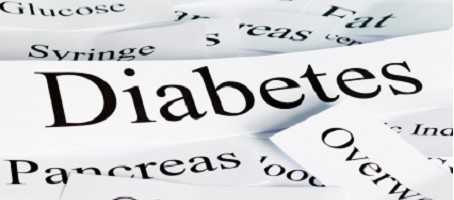A new British study has revealed that hypoglycemia at night may lead to potentially dangerous heartbeat changes in people with type 2 diabetes who are treated with insulin.
The research, published in the journal Diabetes, found that patients with insulin-dependent type 2 diabetes whose blood sugar levels dropped at night (nocturnal hypoglycemia) experienced abnormal rates and/or rhythms of the heartbeat (arrhythmias). There are various types of arrhythmias and some can cause sudden cardiac death.
Senior author of the study, Dr. Simon Heller of the University of Sheffield, explained: “We found that hypoglycemia was fairly common and that nocturnal episodes in particular were generally marked by a pattern whereby glucose levels dropped to low levels for some hours during which patients slept.”
“These periods of hypoglycemia were associated with a high risk of marked slow heart rates accompanied by abnormal beats. We have therefore identified a mechanism which might contribute to increased mortality in individuals with type 2 diabetes and high cardiovascular risk during intensive insulin therapy.”
The findings come from a small study of 25 elderly type 2 diabetes patients who were all on insulin treatment and had a known risk of heart disease.
After using a continuous glucose monitor to record participants’ blood sugar levels and a 12-lead Holter monitor to capture heart activity over a 5-day period, the researchers found that low blood sugars at night significantly increased the risk of a slow heart rate (bradycardia) and other types of arrhythmias, compared to normal blood glucose during sleep.
Slow heart rates were not reported during the day and no irregular heartbeats/rhythms occurred when the study participants noticed the symptoms of hypoglycemia at night.
The authors concluded that the small study demonstrated a strong association between nocturnal hypoglycemia and arrhythmias among patients with insulin-dependent type 2 diabetes, and may help explain the sudden unexplained death of some diabetic patients who are otherwise healthy die during their sleep (dead in bed syndrome).
What's new on the forum? ⭐️
Get our free newsletters
Stay up to date with the latest news, research and breakthroughs.





